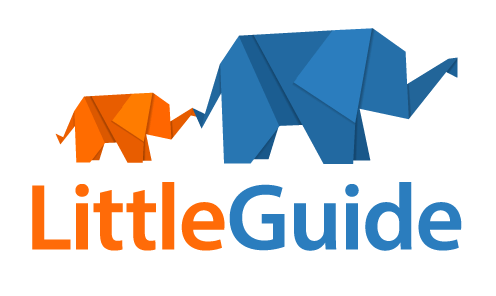Kristen Salem Carney is a local mom and licensed therapist at H3-Hope, Healing & Health LLC in St. Clair Shores. She provides counseling services to adolescents and adults in addition to treating mothers experiencing perinatal mood and anxiety disorders. She regularly presents at local parenting groups across Metropolitan Detroit and serves as a part-time faculty at Wayne State University’s School of Social Work.
Social media and the internet have become our “go tos” in accessing news and information, and this instant connection has created unique pressures for parents. From monitoring screen time, obtaining the latest parenting research, and scrolling newsfeeds filled with creative birth announcements, extravagant first birthday parties, and family vacations, these digital tools can lead any parent to feel overwhelmed – especially new mothers.
For mothers who are at risk of or are experiencing postpartum depression and anxiety, the use of social media and the internet can be quite conflicting. While there are benefits, these tools can exacerbate feelings of isolation and internal stress. Two examples:
The façade of perfectionism and “comparison culture”: Our newsfeeds offer a seemingly endless stream of opportunities to compare ourselves to others. For a woman who experiences irrational and distorted thoughts that can accompany postpartum depression and anxiety, scrolling through photographs of happy-faced couples, parents, and smiling babies can reignite feelings of shame and guilt or cause her to unnecessarily compare her situation to others.
“What is wrong with me?”
“Why am I failing at being a mother?”
“Why can’t I be my normal self?”
“Why am I not connecting with my baby?!”
“Cyberchondria”: Many women will experience intrusive thoughts related to baby’s health during pregnancy and postpartum. Catastrophic thoughts can spiral when attempting to seek reassurance from WebMD and other medical websites, a concern that some health professionals refer to as “cyberchondria.” It is important that mothers and parents try to avoid self-diagnosing and reach out to trained medical and perinatal mental health professionals with questions and concerns.
Signs and Symptoms
Self-doubt, irritability, and tearfulness can be very normal during the two weeks following birth, and a certain level of emotional conflict can be expected from triggered hormones and sleep deprivation.
Between seventy and eighty percent of women experience the “Baby Blues” while adjusting to motherhood. However, not all women will experience postpartum depression and anxiety. Symptoms vary in severity and can gradually start and last months. Some common symptoms of postpartum depression are increased feelings of isolation, inability to feel motivated to get dressed or get out of bed, uncontrollable crying, anxiety and panic attacks, and emotional numbness. If depressive symptoms persist after a few weeks, it’s essential to connect with a trusted family member, friend, OBGYN, doula, or mental health professional. It really is never too early to gain support.
What to Do
So is social media the enemy for a mother feeling lonely or vulnerable?
Absolutely not! There is great value in connecting online with other parents who can relate and provide advice, support, and validation. Embrace the age of social media while also being aware of the risks. Join supportive motherhood forums and groups that avoid shaming. Recognize when the support from parenthood Facebook groups and blogs are not enough and when individual therapy and support groups may be the next needed step in healing.
Supportive Web-based Resources
- Social forums, mommy blogs, and websites such as LittleGuide are excellent tools to connect with other parents in Detroit and the metropolitan region to gain valuable resources. Participate in forums where you feel connected and supported.
- Be intentional with your use of social media and technology. Use creative apps, such as Peanut that allow you to gain new connections and meet up with other mothers in your local area. Adjusting to parenthood can be lonely. Companionship and social connections are very helpful in managing depression and anxiety. Additionally, apps that offer guided meditations and promote mindfulness can also ease anxiety and depressive symptoms. Take the time to breathe!
- Check out podcasts that offer insightful perspectives from experts on issues related to infertility, pregnancy, loss and postpartum like Mom & Mind Podcast.
Tips
- Women should not feel ashamed if antidepressants are a part of their treatment plan. Obtain the facts from your OBGYN and lactation consultant about the use of medications.
- Remember how powerful physical activity can be in combatting depression and anxiety. Force yourself to get outside and walk if weather permits. Many health professionals also suggest the use of omega-3 fatty acids can help improve depressive symptoms.
- Mental health professionals or an in-person support group provide postpartum adjustment support and treatment. Formal groups, such as Beaumont Postpartum Adjustment Support Groups offer free weekly support and education to parents.








